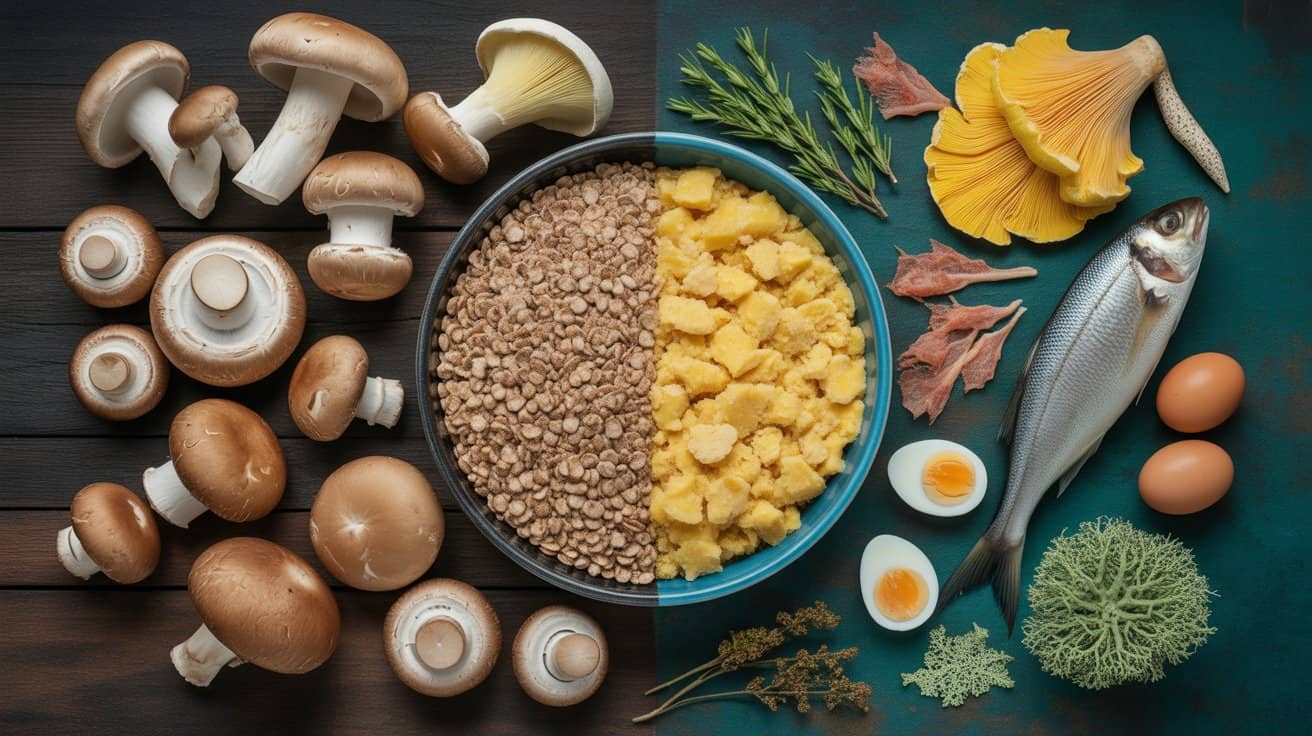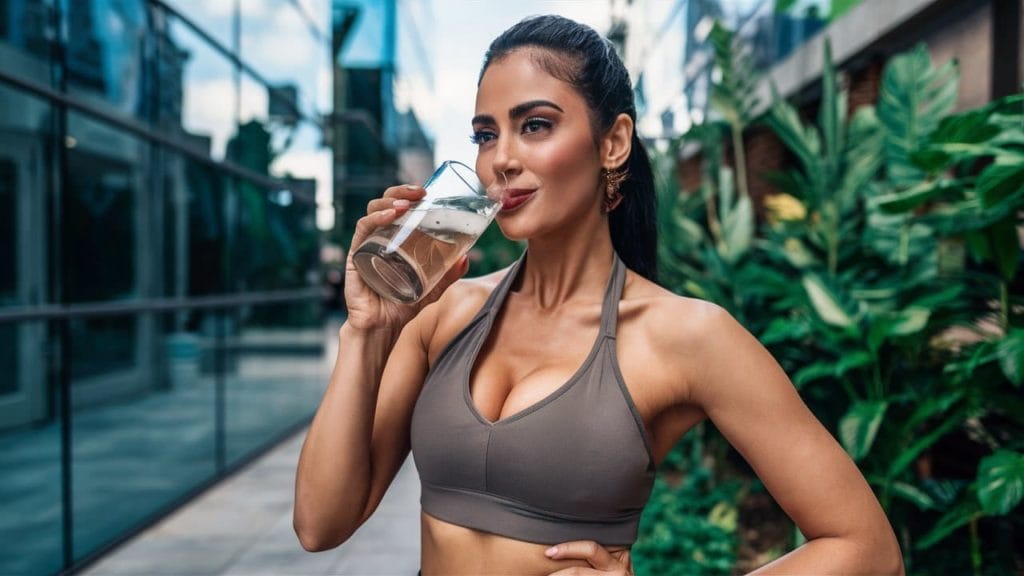Vitamin D plays an important role in bone health, immunity, and overall wellness. It helps the body absorb calcium and maintain healthy muscle function. But there are two main types of vitamin D, Vitamin D2 and Vitamin D3. Though both serve similar roles, they are not the same. This article explains what each form is, their sources, how they work in the body, and which one is better.
What is Vitamin D?
Vitamin D is a fat-soluble vitamin that the body needs to:
- Absorb calcium and phosphorus
- Build and maintain strong bones
- Support immune system function
- Improve mood and energy levels
The body can produce vitamin D when skin is exposed to sunlight, but many people do not get enough through sunlight or diet alone.
Types of Vitamin D
There are two main forms:
1. Vitamin D2 (Ergocalciferol)
- Found in plant-based sources
- Produced by exposing fungi (like mushrooms) to UV light
- Common in fortified foods and some vegan supplements
2. Vitamin D3 (Cholecalciferol)
- Found in plant/animal-based sources
- Produced in human skin from sun exposure
- Present in lichen, fish oil, liver, and egg yolks
- Also available as dietary supplements
Key Differences Between D2 and D3
| Feature | Vitamin D2 | Vitamin D3 |
|---|---|---|
| Source | Plant-based (mushrooms, yeast) | Plant/Animal-based (Lichen,fish, eggs) |
| Potency | Less effective | More effective |
| Absorption | Lower bioavailability | Higher bioavailability |
| Stability | Less stable during storage | More stable |
| Supplement Use | Often in vegan D supplements | Common in most D supplements |
Which Is Better: D2 or D3?
Multiple studies have shown that Vitamin D3 is more effective than D2 at raising and maintaining vitamin D levels in the blood. D3 is also better absorbed and has a longer duration of action in the body.
D3 is recommended for:
- People with vitamin D deficiency
- Bone health and immunity support
- Long-term supplementation
D2 may be suitable for:
- Strict vegans who prefer plant-based sources
- Short-term use when prescribed
If you’re looking for the most effective form of vitamin D, Vitamin D3 is the better choice in most cases.
Natural Sources of Vitamin D2 and D3
Vitamin D2 Sources:
- UV-exposed mushrooms
- Fortified plant milks
- Fortified cereals
Vitamin D3 Sources:
- Sunlight (10–30 minutes, 2–3 times a week)
- Fatty fish (salmon, sardines, mackerel)
- Egg yolks
- Cod liver oil
- D3 supplements
GradeOne Nutrition Recommendation
If you’re looking to supplement your vitamin D levels for bone strength, mood balance, or immune support, a Multivitamin supplement is the most efficient option. GradeOne Nutrition ensures the use of high-absorption, science-backed forms of vitamins for maximum benefits.
Conclusion
Both Vitamin D2 and D3 help the body function well, but they are not equally effective. Vitamin D3 has better bioavailability, longer-lasting effects, and is generally more suitable for supplementation. Choose the right form based on your diet, health goals, and absorption needs.

